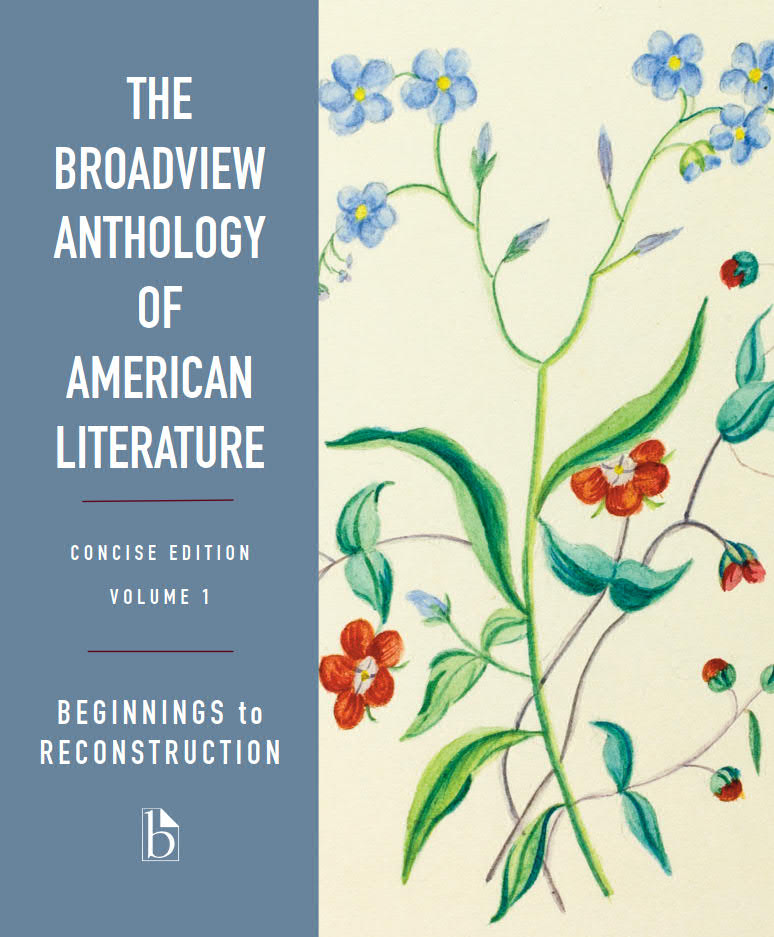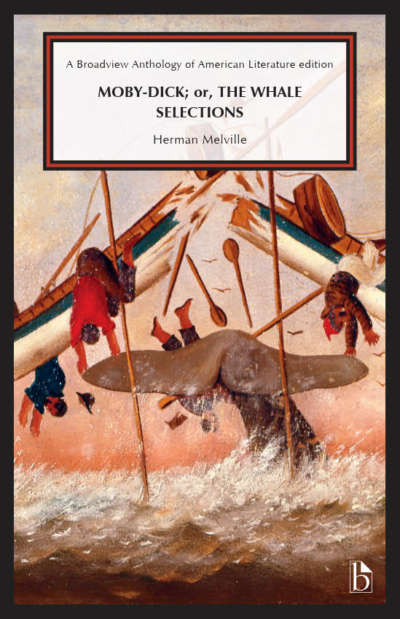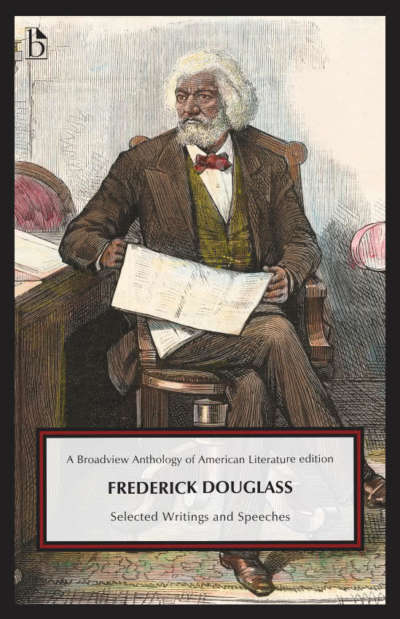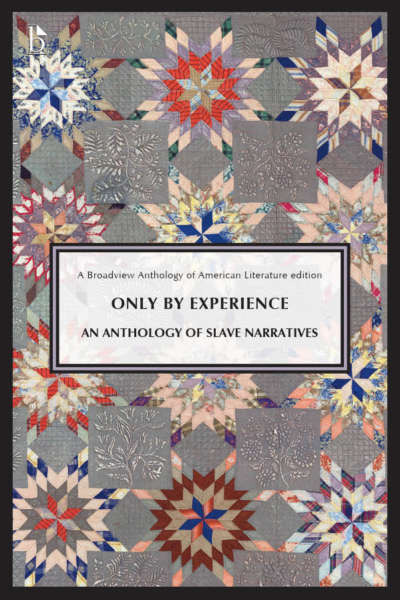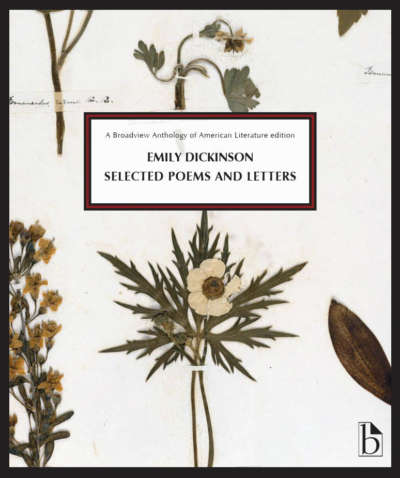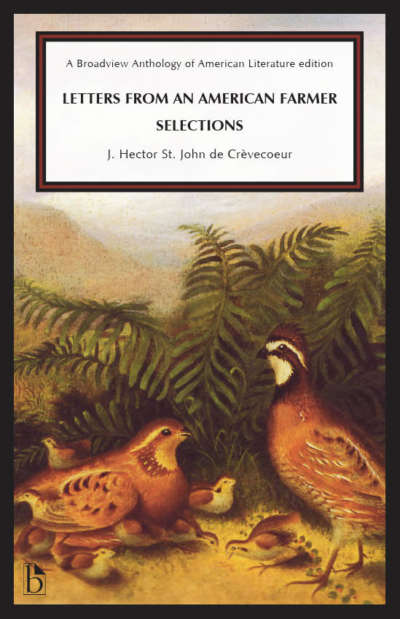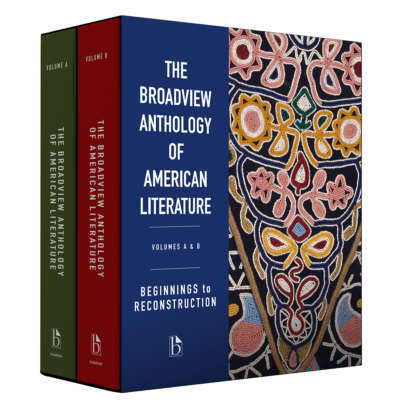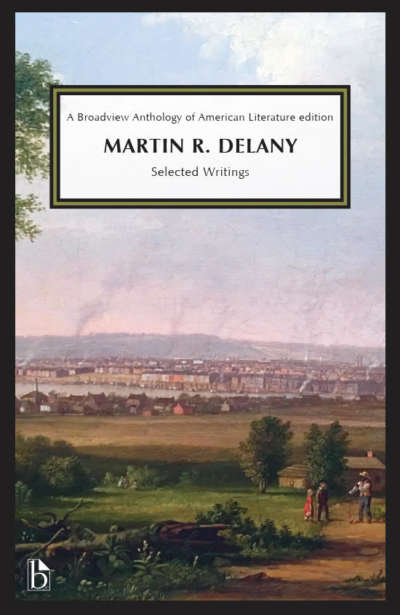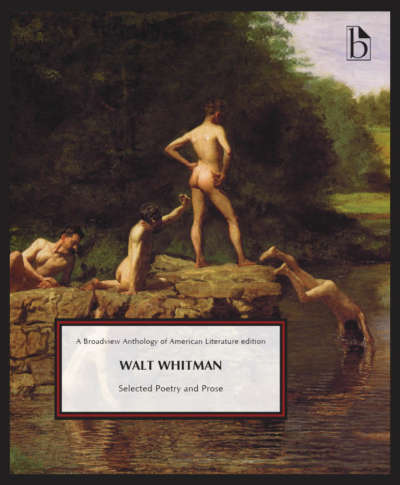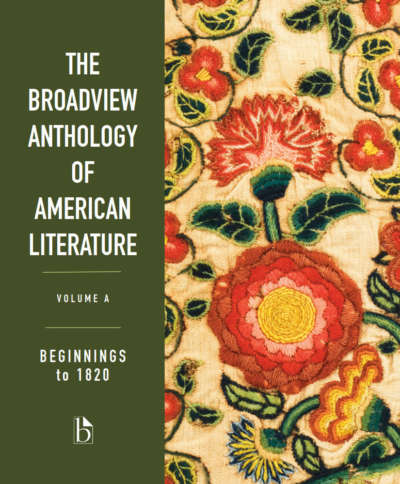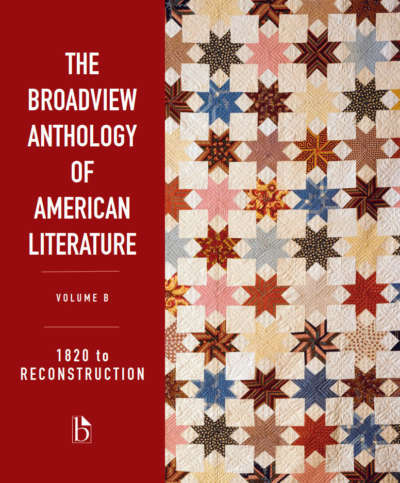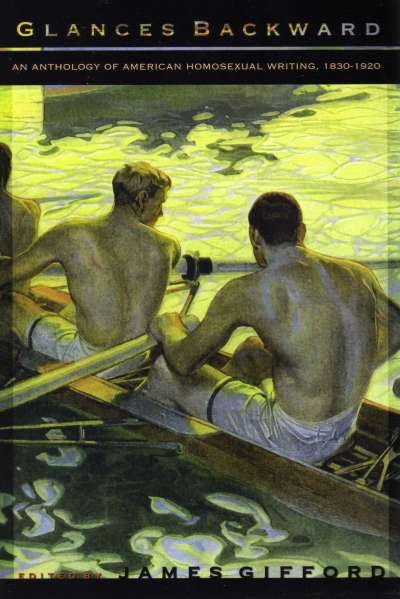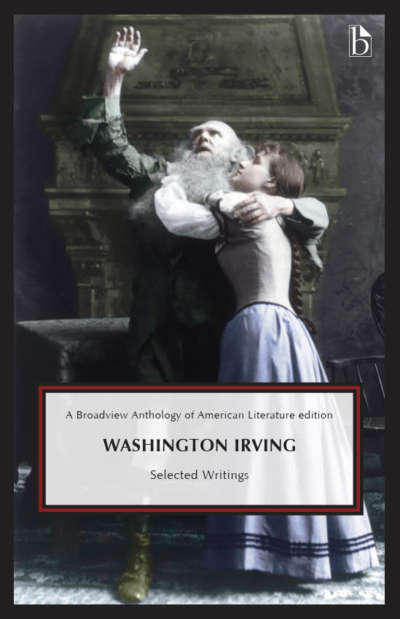About the Anthology
Guided by the latest scholarship in American literary studies, and deeply committed to inclusiveness, social responsibility, and rigorous contextualization, The Broadview Anthology of American Literature balances representation of widely agreed-upon major works with a thoroughgoing reassessment of the canon that emphasizes American literature’s diversity, variety, breadth, and connections with the rest of the Americas. This concise volume represents American literature from its pre-contact Indigenous beginnings through the Reconstruction period, offering a more streamlined alternative to the full two-volume set covering the same timespan.
Highlights of Concise Volume 1: Beginnings to Reconstruction
- • Complete texts of Mary Rowlandson’s captivity narrative; Narrative of the Life of Frederick Douglass, An American Slave; and Benito Cereno
- • In-depth thematic sections on such topics as “Rebellions and Revolutions,” “Print Culture and Popular Literature,” and “Expansion, Native American Expulsion, and Manifest Destiny”
- • More extensive coverage of Indigenous oral and visual literature and African American oral literature than in competing anthologies
- • Full author sections in the anthology are devoted to authors such as Anne Hutchinson, Sor Juana Inés de la Cruz, Briton Hammon, Jane Johnston Schoolcraft, José María Heredia, Black Hawk, and many others
- • Extensive online component offers well over a thousand pages of additional readings and other resources
Comments
Comments on Concise Volume 1
“This single yet capacious volume impressively captures the flourishing diversity, cultural and geographical, of American literature from its earliest years through the period of Reconstruction. (A broad view, indeed!) Furthermore, its selection of literary texts is greatly enhanced by its generous attention to historical contexts. Notes drawn from recent scholarship are judicious and helpful, and the wonderful variety of images reproduced here illustrate the rich history of print culture in America. This anthology constitutes a new standard for the teaching of American literature.”
— John Hay, University of Nevada, Las Vegas
“I am very much looking forward to the arrival of the Broadview Concise Anthology of American Literature. One thing that distinguishes this anthology is its commitment to presenting authors of color in conversation with their white counterparts. The editors offer thoughtful selections from authors like Olaudah Equiano, Jane Johnston Schoolcraft, George Moses Horton, and Harriet Jacobs (to name some standouts). But Broadview further offers selections on abolition, racial identity, and colonialism from white authors like Franklin, Lydia Sigourney, Longfellow, and Melville, whose investment in such issues might be less familiar to students. The intersection between these selections serves to integrate authors of color into the fabric of American experience, rather than isolating them.”
— Vera Foley, Gustavus Adolphus College
Comments on Volumes A & B
“The Broadview Anthology is, quite simply, a breakthrough. From reproducing essential canonical texts to recovering unjustly forgotten ones, the editors offer a remarkably panoramic collection of American literature…. Meticulously researched and expertly assembled, the Broadview should be the new gold standard for scholars and teachers alike.”
— Michael D’Alessandro, Andrew W. Mellon Assistant Professor of English and Theater Studies, Duke University
“This is a literary anthology for a new generation, one that meets students where they live: both on the printed page and online. … I will be teaching with this anthology, and am confident that my classes will be greatly enriched by its capacious vision.”
— Hester Blum, Pennsylvania State University
“As Frederick Douglass’ experience teaches, an anthology, at its best, can be a point of entry into a world of literary expression, powerful and empowering. The Broadview Anthology of American Literature is exactly this. … What I like most about this anthology, though, is that it never forgets its most important audience: students. There is a wealth of material here that will help them imagine and reimagine what American literature could be.”
— Michael C. Cohen, UCLA
“The Broadview Anthology of American Literature sweeps impressively across vast early America…. The multiplicity of early American locations, languages, and genres is here on wondrous display.”
— Jordan Alexander Stein, Fordham University
“I am eager to teach with this anthology! It aligns with cutting-edge research through its selections, its introductions, and explanatory notes, and the texts are supplemented with primary documents that encourage teachers and students to think critically and dynamically.”
— Koritha Mitchell, The Ohio State University
“The Broadview Anthology of American Literature breathes new life into the early American literature survey. Its selections present early American literature in all its rich, weird, inviting abundance. … So much thought has been put into every aspect…, from the selection of texts to their organization to their presentation on the page; it will be a gift to classrooms for years to come.”
— Lara Langer Cohen, Swarthmore College
“… [M]y students LOVE The Broadview Anthology of American Literature. I am also so impressed with it—the emphasis on colonization/decolonization, the selections, the INTRODUCTIONS AND HEADNOTES!! It’s a superb anthology, and I'm looking forward to using it for many, many years. … The anthology is a triumph. It truly is.”
— Rebecca Bravard, Florida Southern College
“Big and bold … an important new option for teachers and students of American literature.”
— Maurice Lee, Boston University
“… Volumes A and B have wonderful choices, with the benefit of adding much more material through online links. The choices that the editors have made about popular culture and race are really welcome….”
— Shirley Samuels, Cornell University
“Hemispheric, multi-generic, [and] vibrantly illustrated, … this anthology is dynamic. Its capaciousness and ample resource materials make for a text that is always … meeting its readers in new ways.”
— Russ Castronovo, Tom Paine Professor of English and Dorothy Draheim Professor of American Studies, University of Wisconsin-Madison
“These two anthologies are by far the best of their kind I have seen. The range and diversity of authors, the rich historical contextualizations, the important and well-curated thematic ‘Contexts’ sections, and the careful and capacious scholarly insight that clearly animates the entire project make the volumes a superior choice for courses….”
— Mark Rifkin, University of North Carolina, Greensboro
“The Broadview Anthology of American Literature promises to be a dynamic addition to the genre—I’m very much looking forward to teaching from it.”
— Michael Borgstrom, San Diego State University
“I find myself taken aback by, and quite thrilled with, the way The Broadview Anthology of American Literature embodies the problematic possibilities of the canon.… Let us read and re-read [it] … for all the problems and possibilities it so brilliantly offers us.”
— David Kazanjian, Professor of English and Comparative Literature, University of Pennsylvania
“I’m very excited to teach from this new anthology!”
— Megan Walsh, St. Bonaventure University
“The Broadview Anthology of American Literature is an instructor’s dream for introducing students to the diversity and complexity of American literature. … This anthology is definitely a game changer in the study of American literature. I love it!”
— Venetria K. Patton, Dean, College of Liberal Arts & Sciences and Professor of English and African American Studies, University of Illinois at Urbana-Champaign
“[We have] stuck for years to the same basic format [for anthologies]: tiny print, crammed pages, and a weighty tome. The new Broadview, while still weighty, does not feel crammed. It uses double columns and wide pages to make the text seem almost inviting. I might pick this text over others on that basis alone, hoping it would lessen students’ dread when they start to read. But beyond a better feel, the double column [format] also enables comparisons of related texts and side-by-side translations… A change in format may seem small, but it makes a big difference.…
Several principles of selection [have been used]…: keeping the most-taught texts, adding space for once-popular authors…, and pushing forward some writers who [the editors] believe ‘deserve to be more widely taught’ or who ‘have been unjustly neglected.’ The end result is an extraordinary display of the well-known and the little-considered. To make space for so much material, the anthology includes a large website portion, edited like the physical text. Altogether, the anthology offers a remarkable collection with good online teaching aids, stunning visuals, and a powerful emphasis on the inclusion of voices from every part of America. …
[T]he history that comes to the fore in this anthology is the history most needed now….
… [I]f I teach from this anthology, as I think I will, I will be pulling a good deal from the online selections…. I will also want to use the online material about genre and form…. I will find myself with too much to teach and not enough time or space to do it. The new Broadview manages that difficulty by having a main emphasis to guide the printed selections, while making other points of focus available online.”
— Abram Van Engen, Early American Literature

